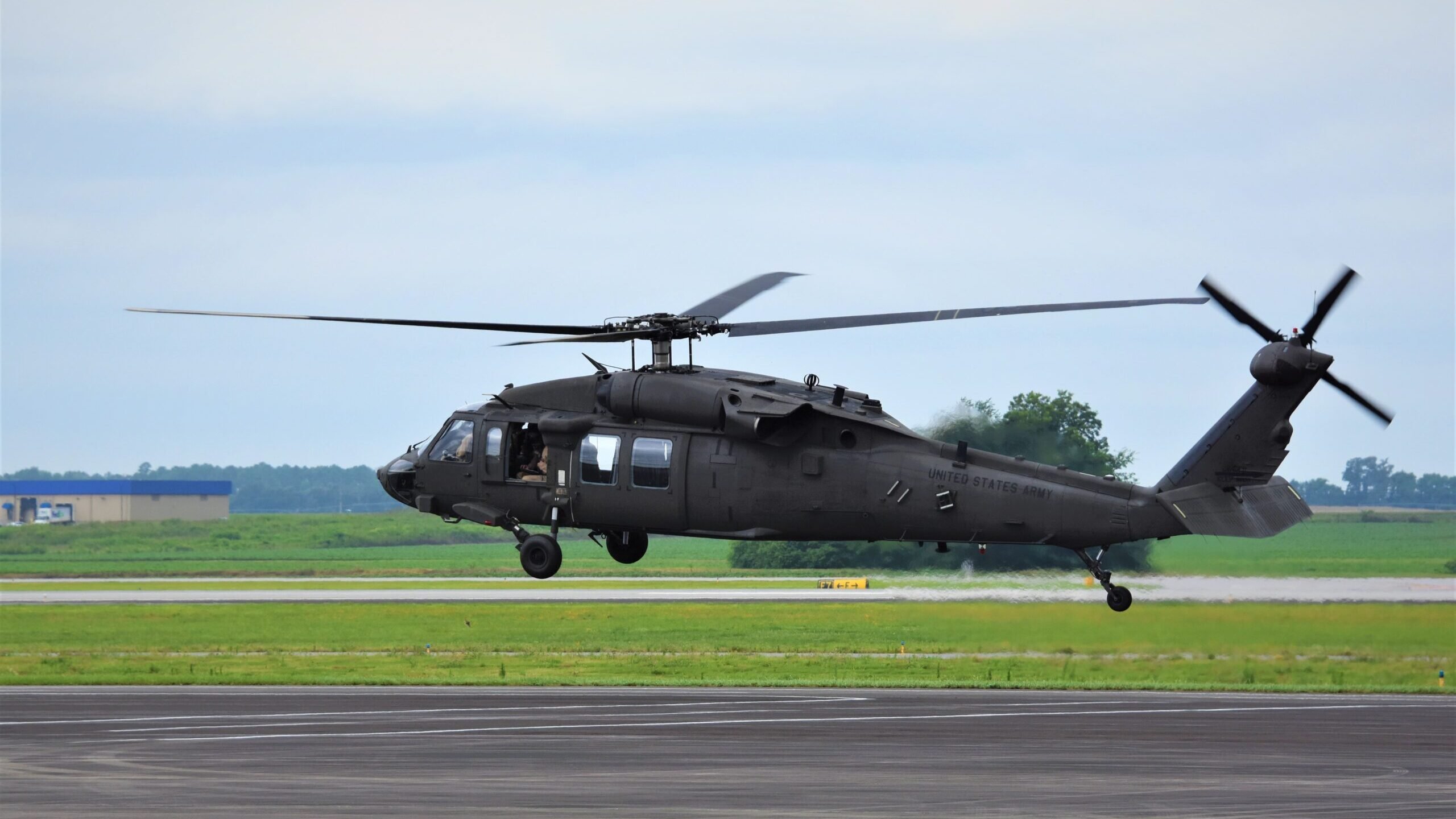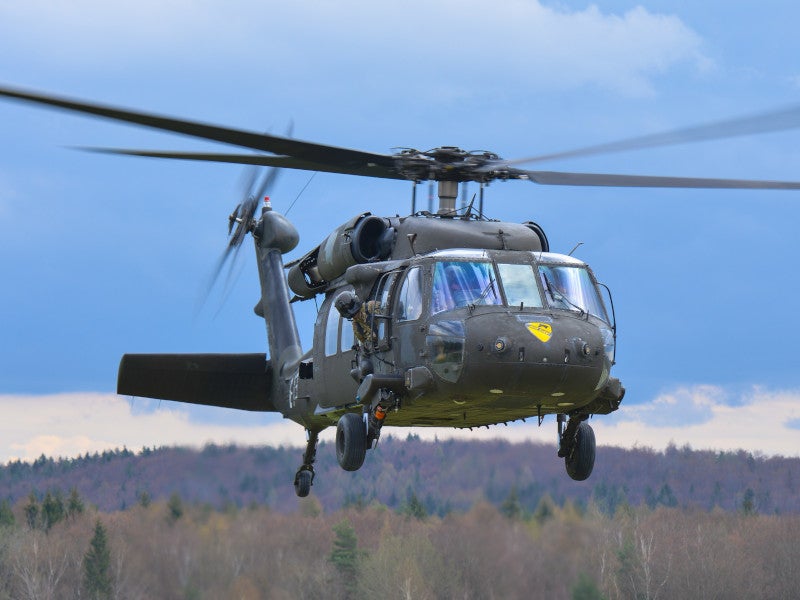UH 60 Black Hawk: Key Features and Innovations
UH 60 Black Hawk: Key Features and Innovations
Blog Article
The Duty of Aircraft in Shaping Worldwide Transportation and Profession Dynamics
The development of aircraft has indelibly transformed global transport and trade dynamics, promoting extraordinary levels of connectivity and performance. Via the establishment of durable air freight networks, services can now navigate global markets with exceptional speed and agility, therefore redefining supply chain methods. This improvement is not without its challenges, as the air travel sector grapples with sustainability problems and regulative pressures. As we check out the complex effects of airplane on worldwide trade, it is necessary to think about just how these factors will certainly shape the future landscape of aviation and its duty in the economic climate.

Development of Air Transport
The evolution of air transport has been marked by substantial technological improvements and developments that have changed the way individuals and items cross the globe. From the Wright brothers' very first powered trip in 1903 to the development of supersonic jets, each turning point has emphasized the unrelenting search of efficiency and rate in flight. Early airplane were mainly fundamental, restricted by engine power and architectural stability. Nevertheless, the intro of sophisticated materials and the rules of aerodynamics in the mid-20th century resulted in significant improvements in airplane performance, safety, and dependability. uh 60.
The last part of the 20th century observed the emergence of commercial aviation as a practical mode of transportation, identified by the intro of jet engines, which changed air traveling by drastically minimizing trip times. Additionally, technologies in navigating and interaction innovations have boosted operational efficiency and safety and security, permitting even more complex trip paths and schedules. The increase of air freight in parallel with traveler services has actually even more emphasized the convenience of aeronautics. As we seek to the future, emerging modern technologies such as electrical and self-governing aircraft guarantee to redefine the air transportation landscape, making certain continued evolution and adjustment to international demands.
Impact on Global Trade
Air transport has exceptionally improved worldwide trade by facilitating the swift movement of products across substantial distances. This expedited logistics capacity allows services to react swiftly to market demands, consequently enhancing supply chain effectiveness. The capacity to deliver subject to spoiling goods, high-value products, and time-sensitive products has opened up brand-new markets and opportunities for different markets, dramatically influencing profession patterns.
In addition, the advancement of air freight networks has actually fostered globalization, allowing business to resource materials and products from different components of the world perfectly. This interconnectedness decreases preparations and prices, allowing services to continue to be affordable in a significantly global marketplace. Furthermore, air transportation plays an important duty in shopping, where customer expectations for quick distribution have actually driven a rise sought after for air products solutions.
The influence of airplane on international profession includes the production of tactical profession courses, connecting areas and helping with worldwide partnerships. Countries that purchase air transport facilities often experience boosted economic growth and raised international straight financial investment. In general, the evolution of air transportation has not only changed the logistics landscape but has likewise end up being an important part in the characteristics of worldwide trade.

Economic Advantages of Aviation
A durable aviation sector generates considerable financial benefits, adding to job production, tourism, and total economic development - uh 60. The aviation market sustains countless jobs around the world, varying from straight employment in airlines and airport terminals to indirect roles in markets such as friendliness, transport, and logistics. According to sector reports, for each task in the aviation market, about 3.5 additional tasks are produced in the wider economy
Tourist is a crucial element of the economic benefits stemmed from aeronautics. Flight promotes international tourist, enabling tourists to check out diverse locations, which consequently promotes neighborhood economic situations. Countries that purchase their aviation infrastructure commonly experience raised visitor arrivals, bring about higher spending on solutions such as restaurants, destinations, and hotels.

Additionally, aviation enhances global connectivity, allowing businesses to access new markets and resources effectively. This connection cultivates worldwide trade, enabling for the quick motion of products, which is important in today's globalized economy. Therefore, industries such as e-commerce and production advantage immensely from reliable air transport, more driving economic expansion. Overall, the aeronautics sector remains a keystone of financial vitality, underscoring its essential duty in forming contemporary economic climates.
Difficulties Facing the Aeronautics Industry
Navigating a complex landscape of regulative, environmental, and financial difficulties, the air travel sector encounters significant obstacles that endanger its sustainability and growth. Rules surrounding safety and security are continuously developing, necessitating ongoing compliance and adaptation from airlines and suppliers (uh 60). This can result in enhanced functional costs and resource appropriation that interferes with development and growth initiatives
In addition, environmental issues have actually come to be paramount, with expanding scrutiny over carbon discharges and environmental pollution. my review here The industry is under pressure to embrace greener innovations and practices, which often require substantial financial investment in research study and advancement. Stabilizing these environmental responsibilities with the demand for flight presents a considerable difficulty.
Economic changes, such as increasing fuel costs and geopolitical uncertainties, better make complex the official website landscape. Airlines often grapple with unstable operating expense and varying guest demand, which can affect productivity and long-term preparation. Labor lacks and skill gaps in crucial areas add one more layer of intricacy, impeding functional effectiveness.
Ultimately, addressing these complex obstacles is necessary for the aviation industry to maintain its critical role in international transport and trade, while making certain strength and versatility in a significantly open market.
Future Trends in Air Traveling
Emerging innovations and shifting customer preferences are positioned to reshape the future of air traveling considerably. The integration of artificial knowledge and artificial intelligence is expected to boost functional effectiveness, streamline flight terminal processes, and enhance customer service. Anticipating analytics will promote much more precise need projecting, allowing airline companies to optimize flight timetables and pricing designs.
Sustainability is becoming an essential chauffeur in air traveling, with the aeronautics market increasingly concentrated on minimizing carbon exhausts. Advancements in airplane style, such as hybrid and electric propulsion systems, are being discovered to meet environmental targets. Moreover, the adoption of lasting aeronautics fuels (SAFs) is expected to play a vital role in accomplishing net-zero discharges by 2050.
Consumer preferences are why not try here shifting in the direction of personalized travel experiences. Airlines are buying sophisticated information analytics to tailor solutions and enhance customer interaction, making certain a more customized trip from reserving to arrival. In addition, the increase of remote job might bring about enhanced demand for leisure traveling, as people seek to combine work and vacation.
Conclusion
The evolution of air transport has changed worldwide trade, producing substantial financial benefits while additionally providing challenges that call for tactical monitoring. The continuous adjustment of the air travel industry will be important for maintaining its contributions to the worldwide economy.
The last part of the 20th century experienced the development of industrial aviation as a feasible mode of transport, identified by the introduction of jet engines, which reinvented air traveling by considerably reducing flight times. The surge of air cargo in parallel with traveler solutions has additionally underscored the versatility of air travel. Additionally, air transportation plays an important duty in e-commerce, where customer expectations for fast shipment have actually driven a rise in demand for air freight services.
Generally, the advancement of air transportation has not only transformed the logistics landscape yet has also come to be an essential component in the characteristics of worldwide profession.
Sustainability is becoming a crucial vehicle driver in air travel, with the aeronautics market significantly focused on lowering carbon emissions.
Report this page